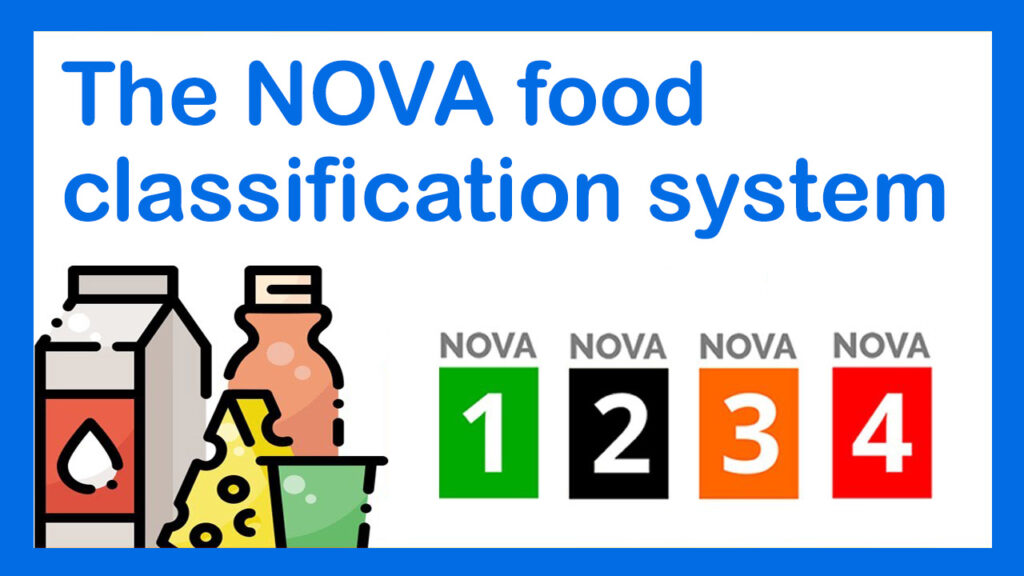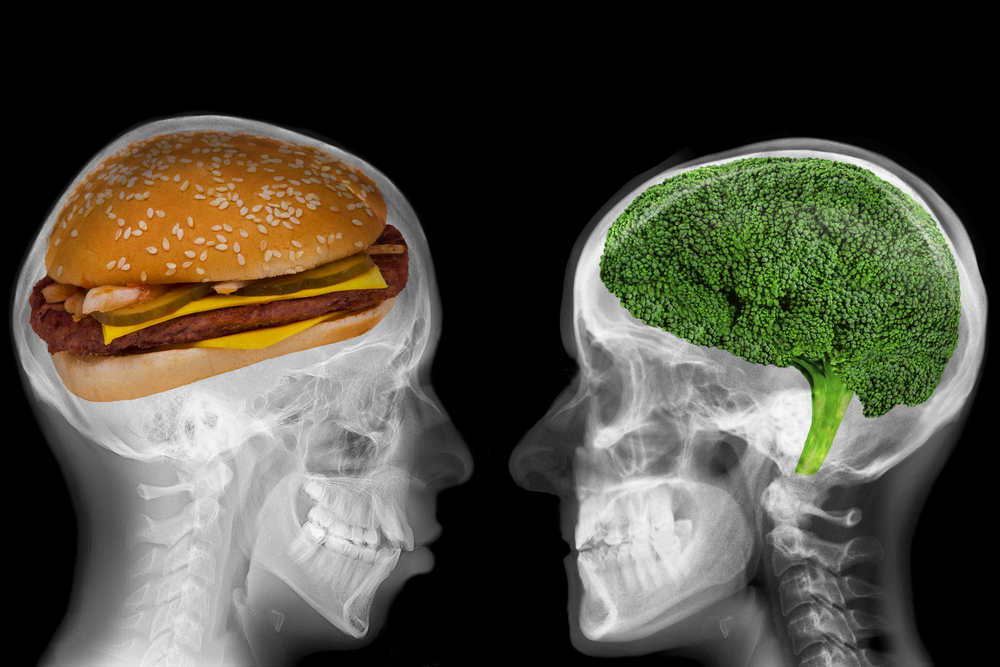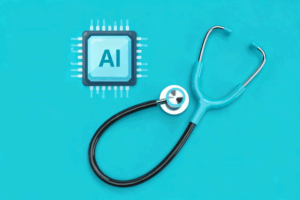Recent research has revealed that eating ultra-processed foods affects brain health. Studies suggest that diets high in these foods could increase the risk of cognitive impairment and stroke. Ultra-processed foods include industrially prepared items like packaged snacks, ready-made meals, and sugary drinks. These foods are often convenient, but they carry hidden health dangers.
A large study published in Neurology found that a 10% increase in the intake of ultra-processed foods raised the risk of cognitive decline by 16% and stroke by 8%. Meanwhile, a 10% increase in unprocessed or minimally processed foods reduced these risks by 12% for cognitive decline and 9% for stroke. The data comes from the REGARDS study, which followed over 34,000 U.S. adults aged 45 and older. Participants included both Black and White individuals, revealing some differences in risk based on race.
Ultra-processed foods and brain health
Ultra-processed foods are more than just unhealthy snacks; they’re linked to serious brain risks. They’re defined as having a high degree of transformation from the original raw food, including many ingredients like food additives, and having little to no nutritional content. Researchers found that ultra-processed foods may promote cognitive decline and increase the risk of stroke. This happens through a combination of poor nutritional profiles and harmful additives like emulsifiers and colorants, which may cause inflammation.
The REGARDS study also showed that these brain risks are independent of traditional healthy eating patterns, like the Mediterranean and DASH diets. So even if someone follows a generally healthy diet, eating too many ultra-processed foods can still harm their brain.
How food processing affects your brain
Food processing plays a critical role in brain health. Ultra-processed foods contain additives and ingredients that can disrupt your metabolism and gut biome. This can lead to obesity, high blood pressure, and diabetes — all conditions linked to poor brain health. These foods also tend to increase blood sugar, which can lead to metabolic problems that contribute to cognitive decline.
On the other hand, unprocessed or minimally processed foods, such as fresh vegetables, fruits, and whole grains, support brain function. They’re rich in nutrients, antioxidants, and healthy fats that protect brain cells and maintain cognitive function as we age.
Racial differences in stroke risk
The REGARDS study also uncovered differences in stroke risk based on race. Black participants who consumed more ultra-processed foods faced a higher stroke risk compared to their white counterparts. While more research is needed to understand why, these findings suggest that ultra-processed foods may be particularly harmful to certain populations. This raises important questions about the role of diet in health disparities.
Why you should be cautious about ultra-processed foods
It’s easy to see why ultra-processed foods are so popular — they’re cheap, convenient, and designed to taste good. However, their health risks, especially for the brain, are becoming clearer. These foods can lead to long-term brain damage, contributing to memory loss and increasing stroke risk.
Ultra-processed foods go through multiple processes (extrusion, molding, milling, etc.), contain many added ingredients (preservatives, flavor enhancers, etc.), and are highly manipulated. Here are some common examples of ultra-processed foods:
- Ready-to-eat foods: Chips, ice cream, mass-produced chocolate, biscuits, instant noodles, sausages, and hot dogs
- Sweetened foods: Candy, cakes, cookies, and fruit-flavored yogurts
- Drinks: Carbonated drinks, energy drinks, cocoa drinks, and distilled spirits such as whisky, rum, vodka and gin
- Breakfast foods: Sweetened breakfast cereals, cereal and energy bars
- Meat products: Ham, chicken nuggets, and reconstituted meat products like burgers and hot dogs
- Vegan alternatives: Vegan “meat” and “cheese” alternatives, and plant-based “milks” that contain emulsifiers, stabilizers, or flavorings
- Other foods: Mass-produced bread, pastries, margarines, spreads, instant sauces, and infant formulas
Experts recommend taking small, sustainable steps to reduce ultra-processed foods in your diet. Gradually replacing processed foods with healthier options like fresh fruits, vegetables, and whole grains can have a big impact on brain health over time. For example, replace high-sugar cereal with oatmeal and fruit for breakfast.

Conclusion: protecting your brain through better diet choices
The brain risks associated with ultra-processed foods offer a clear warning: what we eat significantly affects our brains. Small dietary changes, like eating more fresh and unprocessed foods, can reduce the risk of cognitive impairment and stroke. As researchers continue to explore this connection, it’s clear we should pay attention to more than what we eat. We should also pay attention to how our food is processed.
If you want to protect your brain, start by cutting down on ultra-processed foods. The benefits to your long-term brain health could be significant.
To learn more about strategies to prevent dementia and Alzheimer’s disease, check out our Alzheimer’s Disease Prevention pages. Also see our blog posts on the topic.



